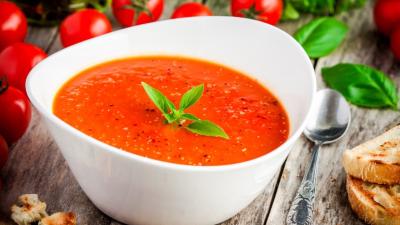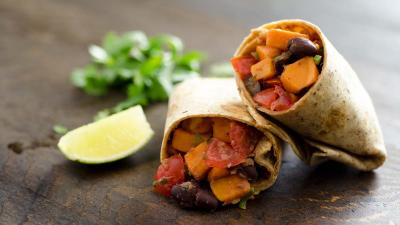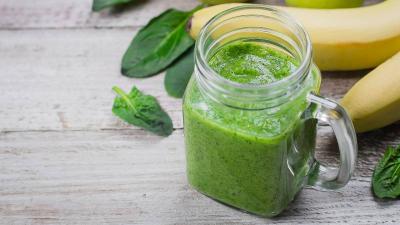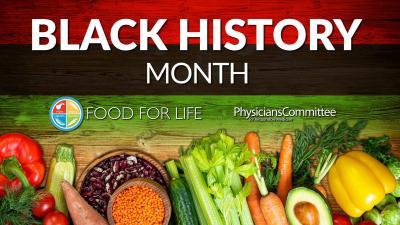Plant-Based Diets Shown To Fight Hypertension in Black People

Black people had a nearly twofold higher mortality rate than their white peers for hypertension-related heart disease deaths in 2018, according to a new study in the journal Hypertension.
While several factors played a role in this disparity, a plant-based diet is one way to help fight high blood pressure. One study found that a plant-based diet reduced hypertension risk by 44% in Black Americans.
The study looked at the diets of 592 African American participants from the Adventist Health Study-2 and categorized them into three eating patterns: vegetarian/vegan, pesco-vegetarian, and nonvegetarian. Those who consumed a vegetarian/vegan diet had a 44% reduced risk for hypertension, lower blood pressure, half the risk of diabetes, and a healthier weight.
Research has long shown the benefit of a plant-based diet for high blood pressure. A Physicians Committee review published in JAMA Internal Medicine looked at 39 studies and found that vegetarian diets were associated with lower systolic and diastolic blood pressures, compared with omnivorous diets. A study in the Journal of Geriatric Cardiology concluded that consuming a diet that is mostly or exclusively plant-based appears beneficial for both the prevention and treatment of hypertension.
Fruits and vegetables high in potassium, such as tomato products, potatoes and sweet potatoes, lima beans, leafy greens, mushrooms, bananas, and oranges, may be especially beneficial. Reducing sodium intake, maintaining a healthy weight, and exercising can also help reduce the risk of hypertension.




















